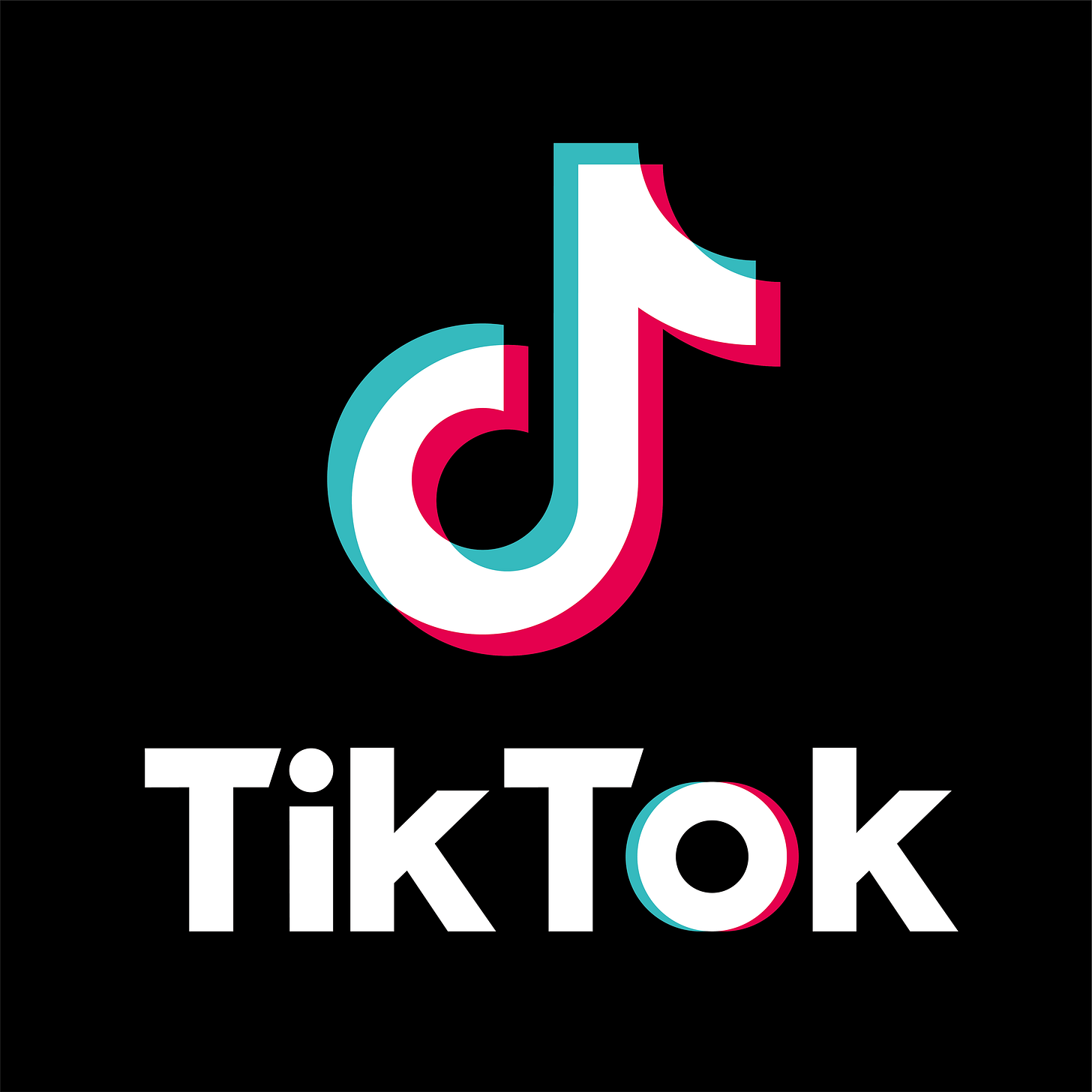The implications of a mass migration

TikTok, the social media app created by the Chinese-based company ByteDance, gained significant traction in the United States in late 2019, just before the COVID-19 pandemic swept across the nation. In March 2024, the United States House of Representatives passed the Protecting Americans from Foreign Adversary Controlled Applications Act, effectively banning TikTok unless it was divested from ByteDance within 180 days of the bill becoming law. President Biden signed the bill into law on April 15, 2024. This legislation marked a major escalation in U.S. efforts to address concerns over national security, privacy, and the influence of foreign-owned tech companies. Proponents argued that TikTok posed a risk to American user data, which could potentially be accessed by the Chinese government under China’s 2017 National Intelligence Law, requiring companies to cooperate with state intelligence operations.
The passage of the Protecting Americans from Foreign Adversary Controlled Applications Act and the subsequent TikTok ban were influenced not only by national security concerns but also by substantial lobbying from various groups and companies. Among these were Israeli-affiliated lobbying organizations and U.S.-based tech giant Meta, both of which poured significant resources into advocating for stricter regulations on TikTok.
These lobbying efforts sparked considerable criticism from advocacy groups and independent journalists. Meta faced backlash for leveraging anti-China sentiments to suppress a competitor, especially as critics highlighted its own history of privacy violations, algorithmic harm, and misinformation. Similarly, the involvement of Israeli-affiliated lobbying groups drew scrutiny for their alignment with geopolitical narratives that sought to control dissent.
Observers noted that TikTok had become a crucial platform for amplifying voices critical of Israel, particularly during Israel’s military operations in Gaza. In 2021 and 2023, as Israeli airstrikes devastated Gaza, killing thousands of Palestinians, including many women and children, TikTok was a key channel for Palestinians and activists to document the destruction and human rights abuses. These videos countered mainstream media narratives and galvanized global support for Palestinian rights.
Critics argued that lobbying efforts by Israeli-affiliated groups were not merely focused on national security risks but also aimed at suppressing a platform that provided visibility to the plight of Palestinians under Israeli occupation and military aggression. These efforts were framed as part of a broader attempt to maintain control over public perception and silence voices exposing Israel’s ongoing occupation and genocide in Gaza.
After the bill was signed into law, ByteDance announced its intention to challenge it in U.S. courts, arguing that the forced divestment violated its rights under the Fifth Amendment’s Takings Clause and the Administrative Procedure Act (APA). TikTok also asserted that it had taken significant measures to safeguard U.S. user data, including storing it on Oracle servers in the United States under the “Project Texas “initiative.
As of January 16, 2025, the Supreme Court has heard oral arguments regarding the constitutionality of the Protecting Americans from Foreign Adversary Controlled Applications Act, which mandates that ByteDance divest its U.S. operations by January 19, 2025, or face a nationwide ban. The Court’s decision is expected imminently, as the ban is scheduled to take effect this Sunday.
The Search for TikTok Alternatives

In recent days, millions of Americans have flocked to Xiaohongshu (小红书), or RedNote, a Chinese-owned social media app that combines elements of TikTok, Instagram, and Pinterest. Like many TikTok users, I too joined the Xiaohongshu trend. However, just last night, I deleted my account and left the app.
Until recently, Xiaohongshu was primarily used by Chinese nationals in Mainland China, the Chinese diaspora globally, and foreigners living in China or with an interest in Chinese culture, language, and cuisine. Despite an English option in the app’s settings, the menus and communication within Xiaohongshu are primarily in Mandarin, which can be navigated using technology like text detection in Apple Photos to translate text from screenshots.
While it is unclear who initiated the mass migration to Xiaohongshu, many Americans migrating from TikTok have stated they are transitioning to YouTube Shorts, an app called Lemon8, and expressing a desire to avoid moving their content to Meta products, given Mark Zuckerberg’s role in the TikTok ban. Another reason for choosing Xiaohongshu is its Chinese ownership, as many Zoomers on TikTok see it as a way to thumb their noses at the U.S. government’s censorship legislation.
When I first heard about Xiaohongshu, I wondered, “Isn’t this app also going to be banned?” While the legislation doesn’t specifically target the app itself, it dictates what U.S. app stores like the Apple App Store and Google Play are allowed to display. If the TikTok ban goes into effect on January 19, Apple and Google will likely remove TikTok from their stores, blocking future updates and new downloads. The servers hosting TikTok in the U.S. could also be blocked, requiring existing TikTok users to use a VPN to access content. I suspect that Xiaohongshu, listed as RedNote on the Apple App Store, will also be removed, along with other foreign-controlled apps.
When I downloaded Xiaohongshu, I wasn’t sure what to expect, having read nothing about the app beforehand. I was greeted warmly by Chinese users, who welcomed the “TikTok Refugees,” mostly in English. I also saw many Americans identifying themselves as TikTok refugees. I created a profile, posted a photo, and began browsing the For You page.
My algorithm was immediately compromised as soon as I watched and liked a fitness video of an attractive Chinese male. My feed was flooded with similar content. I explored different topics, watched live streams, funny videos, and checked out what the app had to offer. One influencer, in particular, was skilled at imitating Donald Trump’s voice and mannerisms—he was the first person I followed.
It didn’t take long to realize that the overwhelming presence of Americans would change the app’s culture. Many TikTok influencers arrived at Xiaohongshu wondering how to build their followings. How would they monetize? I saw video after video of white Americans writing descriptions in English without Chinese translations, not using closed captions, or using English-only captions, effectively alienating the very community that had welcomed them.
I can’t deny that my time on Xiaohongshu over the past three days was fascinating. There were Americans who made efforts to introduce themselves in Mandarin, used bilingual closed captions, and placed Mandarin before English in their descriptions. Many Chinese users gave tutorials on common Mandarin phrases used in social media. Some Chinese users familiar with American culture on TikTok warned Americans about what they could and couldn’t post.
Some warnings included political content critical of China or the Communist Party, sexual or violent content, religious proselytizing, politically sensitive human rights discussions, intellectual property issues (e.g., reusing videos from TikTok that contained watermarks), and political activism.
From the videos I watched on Xiaohongshu and discussions on TikTok about Xiaohongshu, I couldn’t help but think this social experiment would end in disaster. I believe the ego-centrism of many Americans will ultimately lead to the banning of American ISPs. While some Americans are being culturally sensitive and acting like “refugees,” others seem more like colonizers, eager to impose their own norms on a Chinese-based app.
Two videos I watched made me realize that my presence on the app had a negative impact, regardless of my good intentions. One woman, very angry, explained in English why she was upset. Her anger stemmed from the warm welcome Americans were receiving on the app and the disrespect she observed from many of them. She also discussed her experience as a senior at an American university, where she and other Chinese nationals were often met with negativity by the majority of Americans.
She described how Mandarin speakers on Xiaohongshu were extending grace to newcomers, even those who didn’t make an effort to learn or use technology to make their content accessible in Mandarin. Her main argument was that Americans would not offer the same warm welcome to Chinese users if the roles were reversed, drawing from her experience over the past four years in the United States.
I cannot say I entirely disagree with her. I taught ESL courses at the University of Utah, where I saw firsthand how difficult it was for my international students to integrate into American friend groups, especially if they were not white or if their English was accented or limited.
The other video featured a Chinese woman living in the U.S. for school, who used Xiaohongshu to connect with Chinese culture. She described how the influx of Americans was forcing the Chinese government to separate content on the app between Chinese and foreign ISPs. More and more content was becoming English-only, dominated by American creators, and it was no longer the same app she had loved, the one that connected her to home.
After reading threads on Reddit where foreign users of Xiaohongshu, who had used it for years to improve their Mandarin and engage with Chinese users, expressed frustration about the changing culture of the app, I decided I didn’t want to be a part of that. I don’t want to contribute to destroying something beautiful. One could argue that there are ways to fight against this, but I feel that my presence—connecting from a U.S. ISP—creates a ripple in the ecosystem of Xiaohongshu, and I don’t want to contribute to that.
In conclusion, the rise of Xiaohongshu as an alternative to TikTok amidst the growing backlash against foreign-owned tech platforms in the U.S. highlights the complex interplay between nationalism, cultural exchange, and the evolving nature of digital spaces. While many Americans seek refuge on the app as a form of protest against government censorship, it has become apparent that their presence is reshaping the platform’s cultural dynamics. As users of Xiaohongshu, Americans found themselves both welcomed and criticized, raising important questions about the consequences of cultural appropriation and the impact of large-scale migration on established communities. Despite the efforts of some users to integrate respectfully, it has become clear that even well-intentioned participation could unintentionally disrupt the ecosystem that originally drew them to the app. Ultimately, the experience serves as a reminder of the need to be mindful of the larger cultural and political forces at play when interacting with platforms that are not our own. Whether as participants in a digital space or as advocates for technological freedoms, it is crucial to consider the long-term effects of our actions and the importance of respecting the values and cultures we encounter.